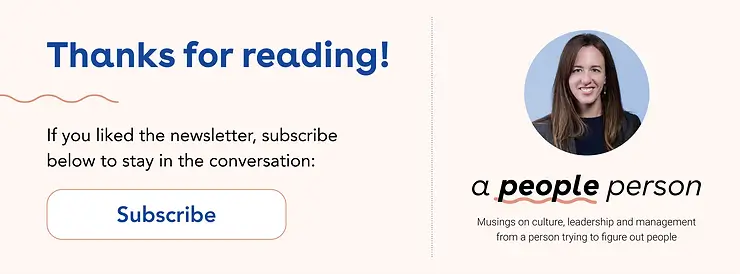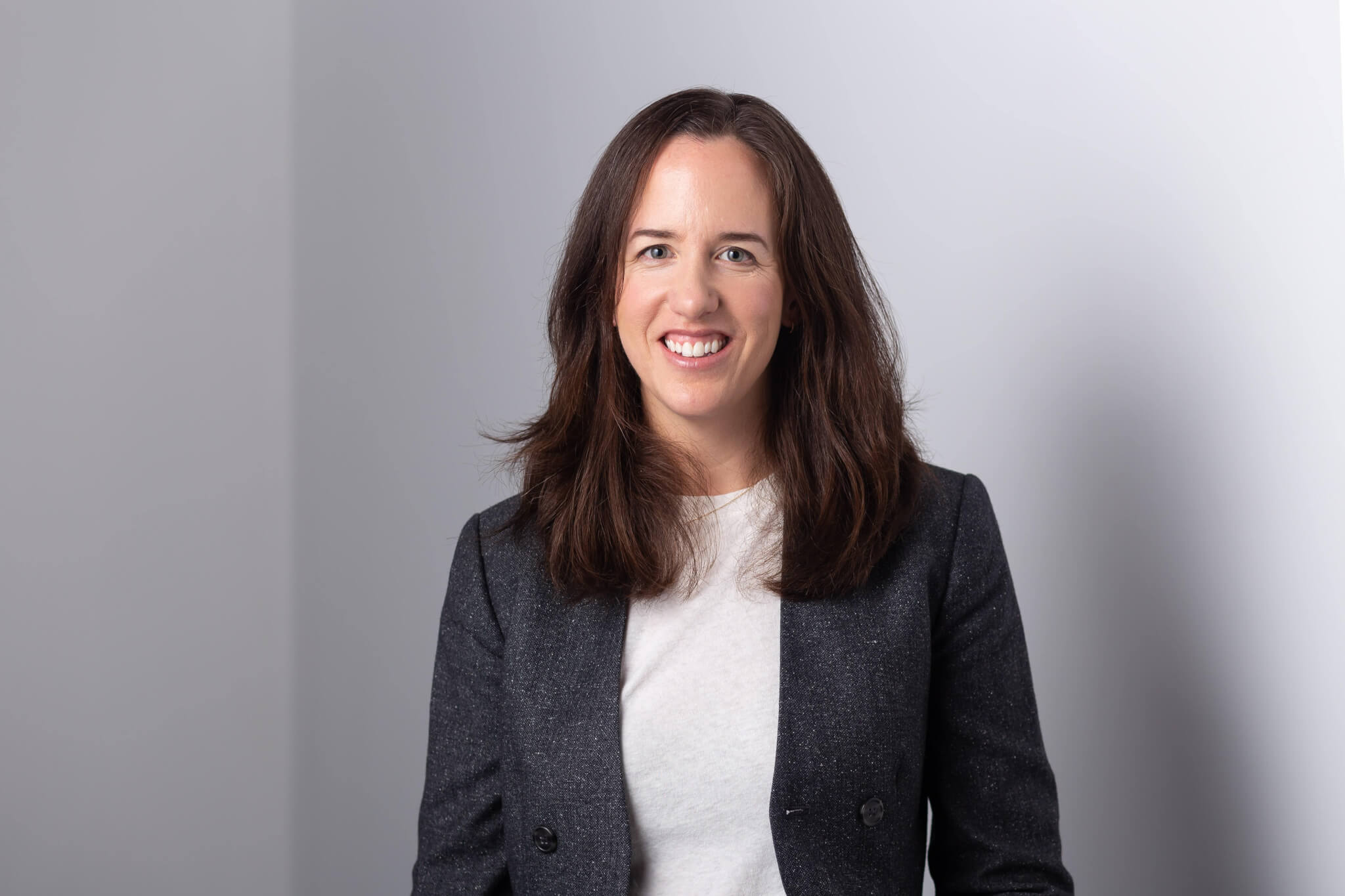Hi there, CEOs are obligated to say, “Our people are our greatest asset.” It’s sort of like politicians saying, “I support the troops.”
It’s an expected gesture and generally unconnected to actions. So, forgive me for sounding like a new convert to the CEO cliche, but today I’m writing about the importance of investing in People Ops. It was only recently that I learned the value of the People function, and I can’t let anyone else sleep on this key piece of the startup puzzle. So let’s turn that cliche into something actionable. (Also, for the record, I support the troops.)
PEOPLE OPS vs HR
My past experience with HR
I’d had three jobs before co-founding Ethena. I was an army officer, an early-stage startup co-founder, and a consultant. At my early-stage startup, we didn’t get to the point of hiring HR, so I’ll skip that. As for my other two jobs, my experience with HR left a little something to be desired. In the Army, HR was administrative paperwork: awards, assignments, things like that. I went to HR if there was an issue with my official record, not to talk about how to manage an underperforming soldier or level up my 1:1 meetings. At McKinsey, I only had one experience with HR. Someone I was working with had been reported for inappropriate comments (which he frequently made), and I was part of the ensuing investigation. HR asked me a few questions and then called to tell me the outcome. But that was about it.
Hiring HR
So, based on my previous experiences with HR, when it came time for me to hire Ethena’s first HR leader — and I’m not proud to admit this — I didn’t think I was looking for a crucial voice in the room. I had what I imagine is a pretty typical founder mindset: I wanted someone who would handle benefits, recruiting, and generally keep "people stuff" on the rails. I thought about the floor, the minimum set of things I wanted from HR. I didn’t think about the ceiling, what really great HR could add above the basics.
Realizing what a People leader can bring
When Melanie, our VP of People, joined us, her most immediate tasks largely consisted of what I thought a well-run People org would do — she got our benefits in order, streamlined onboarding, and generally cleaned up all the ad hoc “systems” we’d been running our company on. But after a few weeks, I noticed people saying things like, “You should talk to Melanie about that.” Or “Melanie helped me navigate that hard conversation.” Before HR, I brought my tricky problems to my co-founder or my exec coach. Suddenly there was actually someone whose whole job was…people?!
What great looks like
Fast forward to the present. I bring Melanie my meaty problems, which always involve people, since we’re not exclusively an AI robot company…yet. (And, even then, I suspect we’ll need an AI Ops arm of the company, which will be bionic, of course.) Case in point: I was working with Melanie a few months back on the idea of judgment. Specifically, I was asking, how do you help coach someone to develop better judgment? She listened to me explain the situation, asked probing questions, and then suggested I help the person I was coaching develop a few questions they can ask themselves before making big decisions. Let me give you a fictitious example. Say our CRO consistently sets up partnerships that are duds (He doesn’t, for the record – our partnerships rock and we just announced another one with ChartHop!). I might coach him to develop better judgment by saying, “Before you propose our next partnership, ask yourself, ‘Does this one build off of what we learned from the past ones? Do we have enough overlapping customers? Have you scoped out what success looks like, and does it seem achievable?’ etc.” It’s not groundbreaking, but pausing to reflect before you act is actually really powerful. I took Melanie’s coaching, applied it, and, voila, it helped! I know that I can’t expect Melanie (or People Ops, in general) to have all the answers. But, much like the moment of reflection that I encouraged my direct report to take, the act of discussing a challenging situation and brainstorming potential solutions (with an expert, no less) has only proven useful to my ability to make strong decisions. None of this is instant, but it’s far better than seeing someone struggle, getting frustrated by the results, but not being able to help.
Cool, can I have great HR too?
This email is only extremely actionable if you are a founder or CEO, in which case, go find yourself great HR! Ideally, before you think you need it. (Sorry, you cannot have Melanie.) But if you aren’t in a position to hire a People Ops expert, I still think/hope this was useful. The shift from HR to People Ops is more than just a rebrand. It’s about getting organizations and their leaders to invest in People resources the way they invest in other functions as well as shifting employees’ expectations for HR and empowering people to bring in People Ops to help solve problems.
In the news
Forbes: Gender disparities in CEO takedowns
- Well color me shocked, women CEOs are treated differently in the press. Among many great lines, this one killed me: Dan Price was charged with assaulting multiple women while Emily Weiss was scrutinized for showing off a fishbowl without fish in it. Those are not the same.
NYT: When your boss is crying but you’re the one being laid off
- I think we can all agree that crying selfies are weird. That’s one end of the spectrum, but how should we demonstrate vulnerability? What’s the right level of transparency for leaders? Since I’ve written about things as personal as miscarriage and self-doubt, I’ve got a dog in this fight.
Until next time,
Roxanne Petraeus
CEO & Co-founder, Ethena









